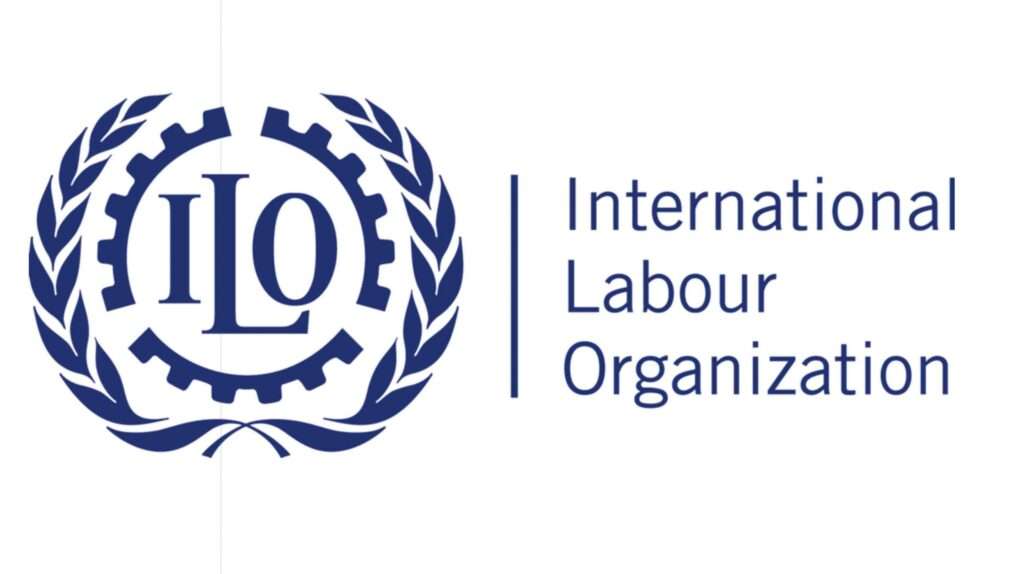The Social Security and National Insurance Trust (SSNIT), has dismissed reports suggesting that it will be unable to pay benefits by 2036 as a result of depletion in reserves.
The Scheme noted through a media release that the SSNIT scheme presently receives contributions and has enough funds to pay accruing benefits due to Members.
“We, the Management of the Social Security and National Insurance Trust (SSNIT), respond to recent posts circulating on…media outlets suggesting that SSNIT will be unable to pay benefits by 2036 as a result of depletion in reserves”.
SSNIT
Furthermore, the communique indicated that the SSNIT pension scheme, as set up by ACT 766, is partially funded by contributions.
The media release asserted that pension payments are funded from contributions and returns from investments and that pension payments are not funded by reserves.
It also revealed that there has been steady growth in contributions. This growth, as indicated by the press release, is well supported by the current demographics and the dedicated activities of SSNIT staff in getting new employers and contributors to join the scheme.
Moreover, the media release noted that investment income has been healthy and would offset any unexpected deficits that may arise.
It also revealed that the government is current in the payment of contributions on behalf of its workers. It emphasized that modalities are in place to service the outstanding contributions.
As such, SSNIT noted that the Trust has never missed any pension payment since 1991 when the pension scheme was introduced.
The Trust therefore assured all members and the public that it will continue to ensure prudent management of the Fund to meet its benefits payment obligations beyond 2036.
“As we approach May Day, we wish all pensioners and workers in Ghana a Happy May Day. May God continue to bless us all. SSNIT, we deliver on our promise”
SSNIT

ILO’s Report
A recent report by the International Labor Organization (ILO) suggested that SSNIT reserves may reach zero by 2036, meaning it cannot meet its financial commitments to beneficiaries in the future.
The report claimed that administrative expenses of managing pension funds have steadily increased as a percentage of member contributions to the scheme.
This trend suggests that a growing portion of resources intended for beneficiaries is being allocated to the operational costs of the scheme, raising the important question of how these funds are being utilized if not for their intended purpose.
Meanwhile, Mashud Abdallah, Executive Director of Africa Center for Retirement Research has indicated that the government’s violation of Sections 3(3) and 3(9) of the Pension Act 766 is a major cause for the fund’s depletion.
He noted that the government’s delay in payment of contributions makes it difficult for the SSNIT scheme to make timely investments that will generate revenue for the scheme.
Furthermore, he attributed the potential depletion of the Fund to the decreased number of contributors. He noted that the decreased number of contributors is due to the migration of active workers, job losses, and economic hardship among others.
As such, he stated that this has resulted in a low dependency rate as initially the ratio of contributors to pensioners was seventeen to one, however, it is currently seven to one.
He advised the government to fulfill the demands of the Pension Act that require it to make timely payments to the scheme in order to avoid the depletion of funds.
He also suggested that to ensure transparency and accountability in the operations of SSNIT, Parliament must summon the Directors of the scheme before it to give an account of the scheme’s revenue after the release of every actuarial valuation.
READ ALSO: Huawei Ghana Unveils New Partner Policy And Energy Innovations























